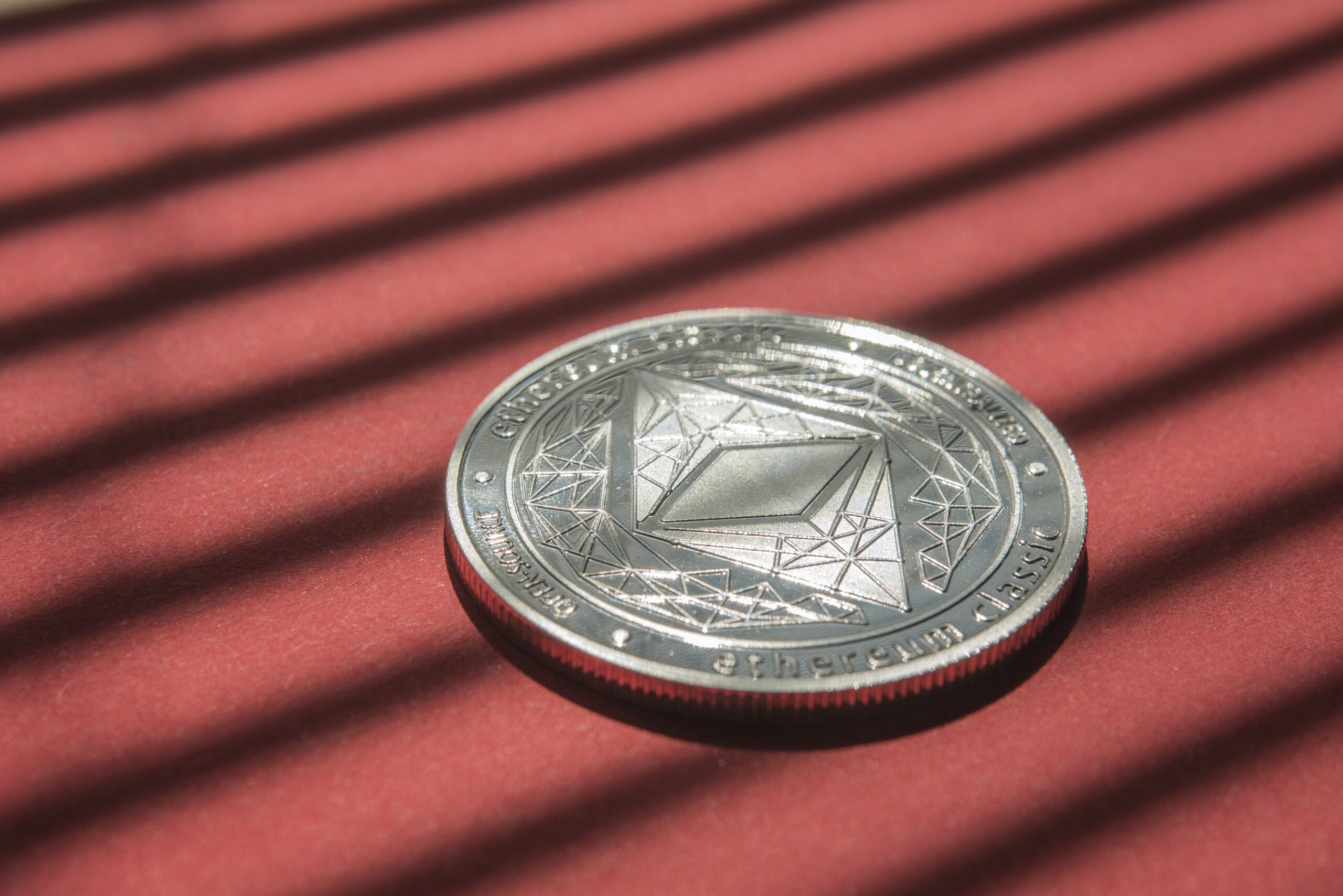
In response to growing inquiries from the Ethereum community, Vitalik Buterin, co-founder of Ethereum, along with spokesperson Josh Stark, provided a comprehensive overview of the Ethereum Foundation’s financial allocations for 2023. This detailed financial disclosure, shared in a social media post on August 27, aims to enhance transparency and address community concerns about how the Foundation’s funds are being utilized.
Ethereum Foundation’s 2023 Expenditures
The financial breakdown revealed that the largest portion of the Foundation’s budget was allocated to supporting “new institutions”—new organizations or entities designed to strengthen the Ethereum ecosystem, which constituted 36.5% of the total expenses. This investment reflects the Foundation’s commitment to nurturing a robust support network for Ethereum’s growth.
Major Spending Categories:
- Layer-1 (L1) Research and Development: Comprising 24.9% of total expenditures, this category includes grants to external teams and internal projects at the Foundation. Key initiatives funded under this category include:
- Development of the Go-Ethereum (Geth) client
- Solidity research and development
- Support for Ethereum’s Robust Incentives Group
- Community Development: Accounting for 12.7% of the budget, this segment focuses on enhancing engagement and collaboration within the Ethereum community.
- Applied Zero-Knowledge Work and Other Expenses: Making up 25.9% of the budget, these expenses cover applied zero-knowledge projects (10.4%), internal operations, Layer-2 research, and development platforms.
The spending disclosure comes amid criticism from Kain Warwick, a noted DeFi developer, who accused the Ethereum Foundation of being “anti-DeFi” and misallocating funds. Warwick argued that only a small fraction of the Foundation’s budget was directed towards supporting decentralized finance (DeFi) innovations, with the rest being spent on non-essential projects.
In his defense, Buterin highlighted his personal involvement with decentralized exchanges and his commitment to fostering sustainable projects within the DeFi space. He clarified that his focus is on long-term viability rather than short-term gains or speculative schemes that involve token dumping.
As part of its ongoing commitment to community and ecosystem development, the Ethereum Foundation, in collaboration with ETH Kipu, has launched educational initiatives aimed at high school students in Buenos Aires, Argentina. These include:
- Workshops on Blockchain Technology: Designed to introduce students to the fundamentals of blockchain and its potential applications.
- Solidity Programming Course: An online course to educate students about Solidity, the programming language used for creating smart contracts on Ethereum.
- Internship Opportunities: Programs aimed at providing practical experience in the blockchain sector.
The detailed financial disclosure by the Ethereum Foundation, led by Vitalik Buterin, is an effort to address community concerns and demonstrate the Foundation’s dedication to promoting a healthy and diversified ecosystem. By investing in education, research, and community development, the Foundation aims to secure Ethereum’s position as a leading platform in the blockchain space, while also supporting innovative projects that align with its long-term strategic goals.
| Category | Percentage | Focus Area |
|---|---|---|
| New Institutions | 36.5% | Support for new entities within the ecosystem |
| Layer-1 Research & Development | 24.9% | Funding for foundational Ethereum improvements |
| Community Development | 12.7% | Initiatives to engage and grow the community |
| Other Expenditures | 25.9% | Includes zero-knowledge projects, operations |
Featured image credit: yurii romanov via Vecteezy
Follow us for more breaking news on DMR
